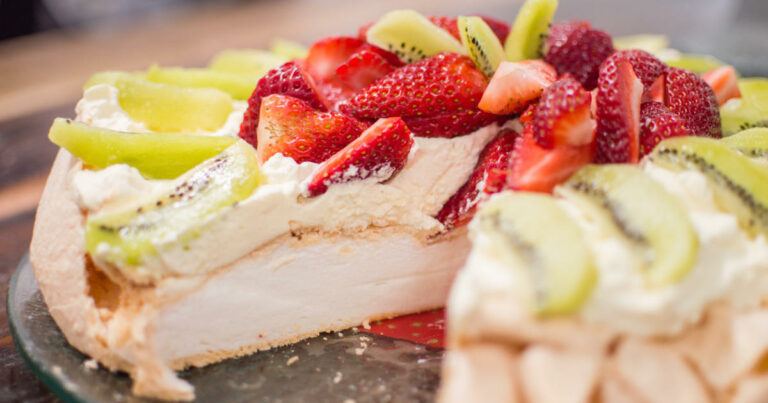Introduction: The Significance of Māori Cuisine in New Zealand
Māori cuisine has a significant influence on New Zealand cuisine, which reflects the country’s cultural heritage. The Māori people, who arrived in New Zealand over 1,000 years ago, brought their unique cooking and food culture with them. Māori cuisine is characterized by the use of fresh seafood, wild game, and indigenous vegetables, fruits, and herbs. It is an essential part of New Zealand’s culinary heritage, and the incorporation of Māori ingredients and cooking techniques has enriched the country’s food culture.
Traditional Māori Ingredients and Cooking Techniques
Traditionally, Māori cuisine relied on a range of local ingredients, including kai moana (seafood) like kina, paua, and crayfish, as well as wild game such as deer and wild pig. Additionally, Māori cuisine incorporates indigenous vegetables, fruits, and herbs like kumara (sweet potato), pikopiko (fern shoots), and horopito (peppery leaves).
Māori cooking techniques involve the use of a hangi, a traditional underground oven made using hot stones and covered with earth. Food is wrapped in leaves or cloth and cooked in the hangi, which imparts a smoky flavor and tenderizes the food. The hangi is still used today for special occasions, such as weddings, birthdays, and festivals, and is an essential part of Māori culture.
The Incorporation of Māori Cuisine in Modern New Zealand Cooking
In recent years, Māori cuisine has gained a resurgence in popularity, and many New Zealand chefs have started incorporating Māori ingredients and cooking techniques into their menus. This fusion of traditional Māori cuisine with modern cooking techniques has resulted in a unique New Zealand culinary experience.
For example, dishes like kawakawa-infused fish, horopito-seasoned lamb, and kumara fries have become popular in restaurants across New Zealand. Additionally, there has been an increased focus on the use of sustainable, locally sourced ingredients, which aligns with the traditional Māori approach to food.
Cultural Significance of Māori Cuisine in New Zealand Society
Māori cuisine is not just about food; it is an essential part of New Zealand’s cultural heritage. The use of traditional ingredients and cooking techniques reflects the Māori people’s connection to the land and their ancestors. Moreover, sharing food is an essential part of Māori hospitality, and the hangi is a way of bringing people together in celebration and community.
In addition, the incorporation of Māori cuisine in modern New Zealand cooking has helped to raise awareness of Māori culture and traditions. It has also provided an opportunity for indigenous people to share their knowledge and skills with the wider community.
The Development of Māori Fusion Cuisine
Māori fusion cuisine is a growing trend in New Zealand, where traditional Māori ingredients and cooking techniques are combined with international flavors and cooking styles. This approach results in a unique culinary experience that reflects New Zealand’s multicultural society.
For example, chefs have combined Māori ingredients like kawakawa and horopito with Japanese and Chinese cooking techniques to create dishes like kawakawa-infused ramen and horopito pork dumplings. Māori fusion cuisine has gained popularity both locally and internationally, and it is an exciting area of development in New Zealand’s culinary scene.
The Future of Māori Cuisine in New Zealand Culinary Scene
As the world becomes more interested in traditional food cultures and sustainable practices, the future of Māori cuisine in New Zealand’s culinary scene looks bright. Chefs are increasingly incorporating Māori ingredients and cooking techniques into their menus, and there is a growing demand for locally sourced, sustainable ingredients.
Moreover, the development of Māori fusion cuisine provides an opportunity for Māori chefs and food businesses to showcase their unique culinary heritage and attract new audiences. As a result, the future of Māori cuisine in New Zealand’s culinary scene looks promising, and it is an exciting time to explore the country’s food culture.

